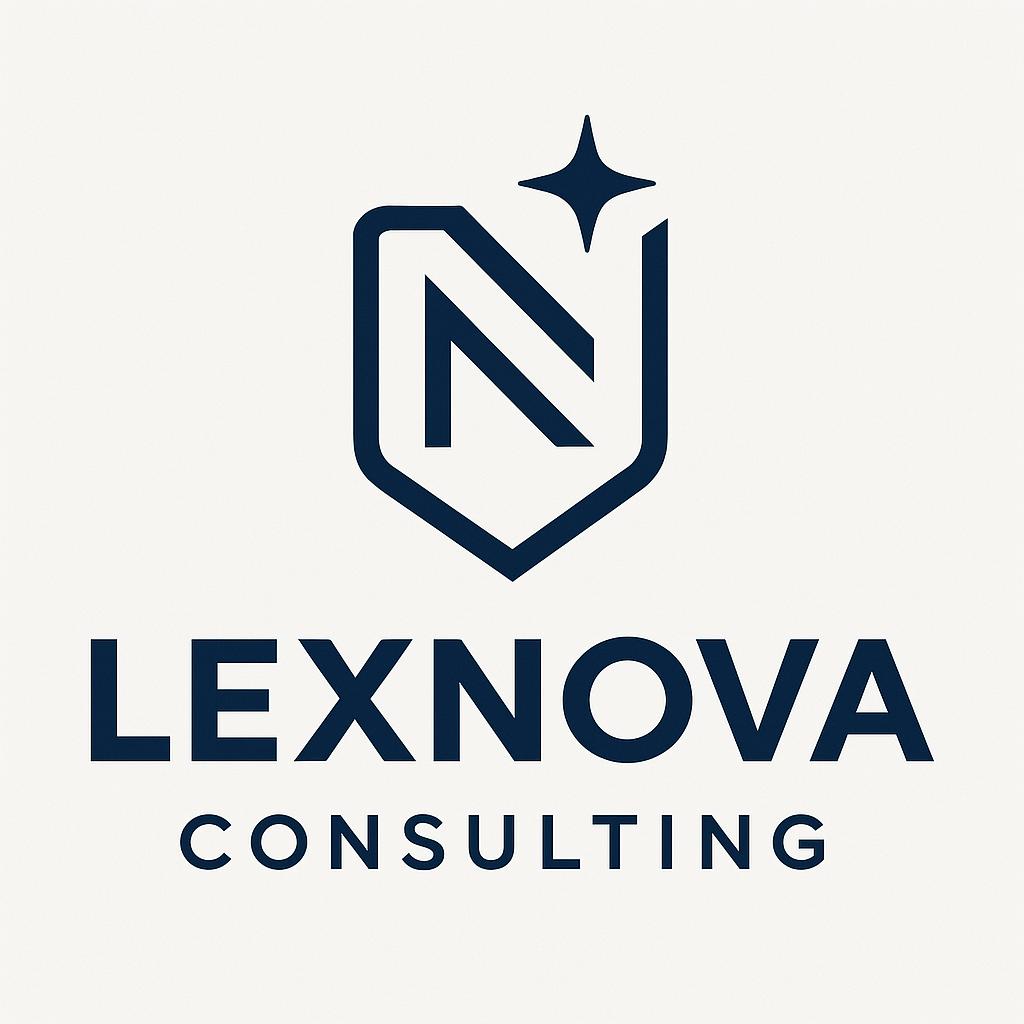Incorporation is no longer just a legal formality — it’s your startup’s first strategic move. In 2025, the jurisdiction you choose to incorporate in can directly affect your fundraising ability, intellectual property protection, tax liability, and global credibility. Whether you’re based in India, expanding into the US, or eyeing markets in the UAE or UK, understanding the latest incorporation laws and legal environments is critical.
Here’s a jurisdiction-wise legal breakdown to help you make the smartest decision in 2025.
1. United States (Delaware): The Gold Standard — But Is It Right for You?
Legal Structure: Delaware C-Corporation
Regulator: Delaware Division of Corporations
Updates in 2025: Faster digital processing; more scrutiny under the Corporate Transparency Act (CTA)
Why It Matters:
Delaware remains the most investor-friendly jurisdiction, especially for tech and venture-backed startups. With clear corporate laws, quick digital incorporation, and a specialized Chancery Court for business disputes, it’s built for scale. But since January 2024, the Corporate Transparency Act requires all companies to disclose their Beneficial Ownership Information (BOI) to FinCEN — a compliance factor often overlooked.
Incorporation Cost: Approx. $90 (filing fee) + registered agent fees
Timeframe: Same-day to 2 business days
Best For:
- Startups seeking US venture capital
- SaaS or IP-heavy companies
- Founders targeting US markets
Legal Tip: If you’re a foreign founder, use a Delaware parent company with an Indian or UAE subsidiary. Maintain compliance with US tax and immigration rules (e.g., no visa rights come with incorporation).
2. United Kingdom: Regulation-Lite, Credibility-Heavy
Legal Structure: Private Limited Company (Ltd)
Regulator: Companies House (UK Gov)
Updates in 2025: Increased transparency requirements under the Economic Crime and Corporate Transparency Act
Why It Matters:
The UK remains an attractive base due to its predictable legal system, low setup costs, and reputation for legitimacy. As of 2024, all new companies must verify directors and beneficial owners through identity checks — part of a broader push for transparency.
Incorporation Cost: £12 (online)
Timeframe: Within 24 hours
Best For:
- Professional service startups
- Fintech firms applying to UK’s FCA sandbox
- Startups targeting the EU without GDPR complications post-Brexit
Legal Tip: Prepare for stricter accounting and annual reporting requirements even for micro-entities.
3. Canada: Gateway to North America, Especially for Tech Startups
Legal Structure: Federal Corporation or Provincial Corporation (e.g., Ontario, British Columbia)
Regulator: Corporations Canada / Provincial Registrars
Updates in 2025: New guidelines for foreign beneficial ownership disclosures under the CBCA
Why It Matters:
Canada combines economic stability, bilingual operations (English/French), and immigration-friendly policies. Many Indian and Asian founders use Canada as a stepping stone to the US. Federal incorporation gives broader name protection, while provinces like British Columbia allow full foreign ownership with minimal restrictions.
Incorporation Cost: CAD $200 (federal, online)
Timeframe: Same-day to 5 days
Best For:
- Founders seeking North American presence
- Startups hiring remotely across time zones
- Tech and AI-focused ventures (thanks to Canada’s IP-friendly policies)
Legal Tip: Provincial corporations may have fewer compliance burdens but limited geographic scope.
4. United Arab Emirates (DIFC/ADGM): Zero Tax, High Credibility
Legal Structure: Private Company Limited by Shares (Ltd)
Regulator: Dubai International Financial Centre (DIFC) / Abu Dhabi Global Market (ADGM)
Updates in 2025: Corporate tax law now in effect — 9% tax on net profits above AED 375,000
Why It Matters:
UAE free zones like DIFC and ADGM offer a common law system, full foreign ownership, and tax exemptions (until 2023). From June 2023, a corporate tax of 9% applies — but with clear exemptions for qualifying free zone companies. These jurisdictions also follow English-style commercial law, making them ideal for cross-border business.
Incorporation Cost: AED 13,000–15,000 (approx. USD 3,500–4,000)
Timeframe: 5–10 business days
Best For:
- Wealth-tech, crypto, and family office startups
- Indian founders looking to avoid FEMA hurdles
- Global founders targeting MENA markets
Legal Tip: Set up your company as a “Qualifying Free Zone Person” to benefit from 0% tax status, but ensure economic substance regulations are met.
5. India: Rising Legal Reforms for Home-Grown and Global Startups
Legal Structure: Private Limited Company (Pvt Ltd)
Regulator: Ministry of Corporate Affairs (MCA)
Updates in 2025: DPIIT now provides real-time e-approval for Startup India recognition and easier ESOP taxation.
Why It Matters:
India is simplifying its incorporation process and startup benefits. The MCA portal now allows incorporation within 48–72 hours. DPIIT-recognized startups enjoy tax exemptions under Section 80-IAC, capital gains exemptions, and fast-track IP filings. New updates in 2025 have also clarified angel tax exemption rules for foreign investment.
Incorporation Cost: Approx. INR 7,000–15,000
Timeframe: 3–5 working days
Best For:
- Founders building for India
- Indian diaspora founders testing MVPs
- SaaS, ed-tech, and fintech startups
Legal Tip: Use the “SPICe+” form on the MCA portal to register in one go (PAN, TAN, DIN, GST, etc.). Consider an Indian subsidiary for cost-effective hiring.
Final Takeaway: Don’t Just Incorporate — Strategize Legally
Each jurisdiction has its own legal, tax, and compliance frameworks. Choosing where to incorporate is not just about ease — it’s about future-proofing your startup. A smart legal strategy often includes multi-jurisdictional structures (e.g., Delaware parent + Indian subsidiary + UAE holding company) to optimize for IP, funding, and tax.
At LexNova Consulting, we help startups navigate the legal layers behind incorporation — globally. From choosing the right jurisdiction to drafting shareholder agreements and managing regulatory filings, we offer end-to-end startup legal support.
References
- https://www.worldbank.org/en/research
- https://www.oecd.org/tax
- https://www.imf.org
- https://www.pwc.com
- https://techcrunch.com
As startups increasingly adopt blockchain and crypto solutions, understanding regulatory shifts becomes vital. Read about the UK’s proposed crypto credit ban and its potential impact on innovative ventures in our detailed analysis here.
If you want to talk to us, just fill in the form by clicking here.


One Response